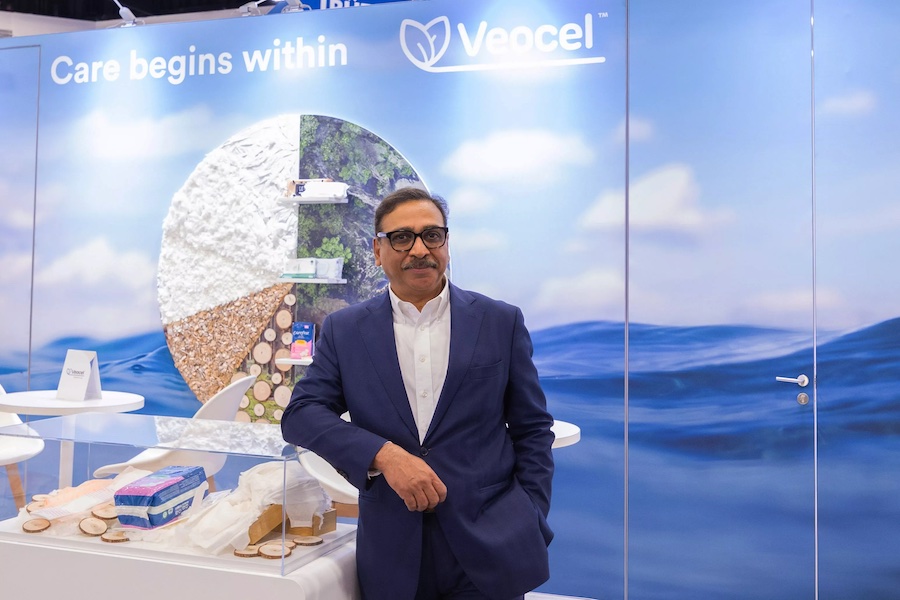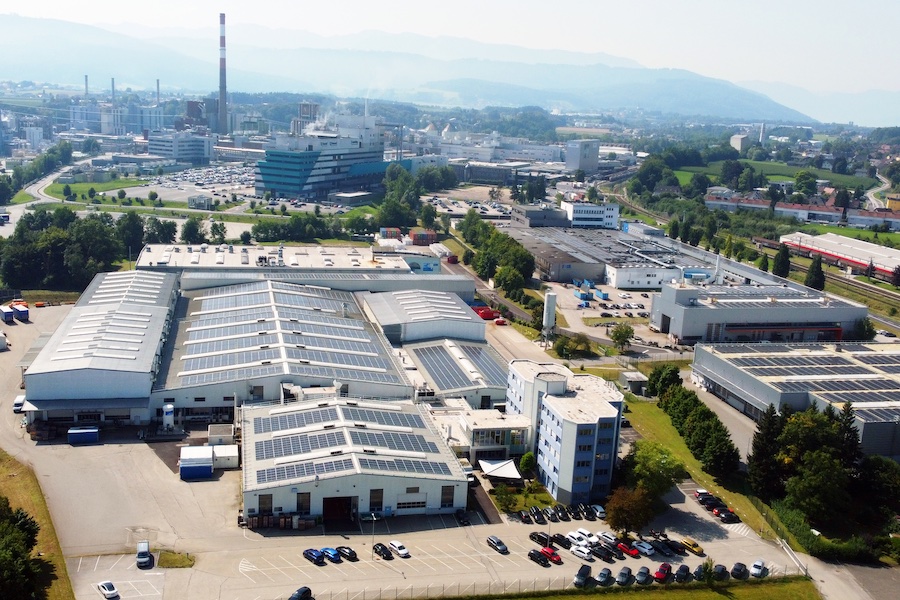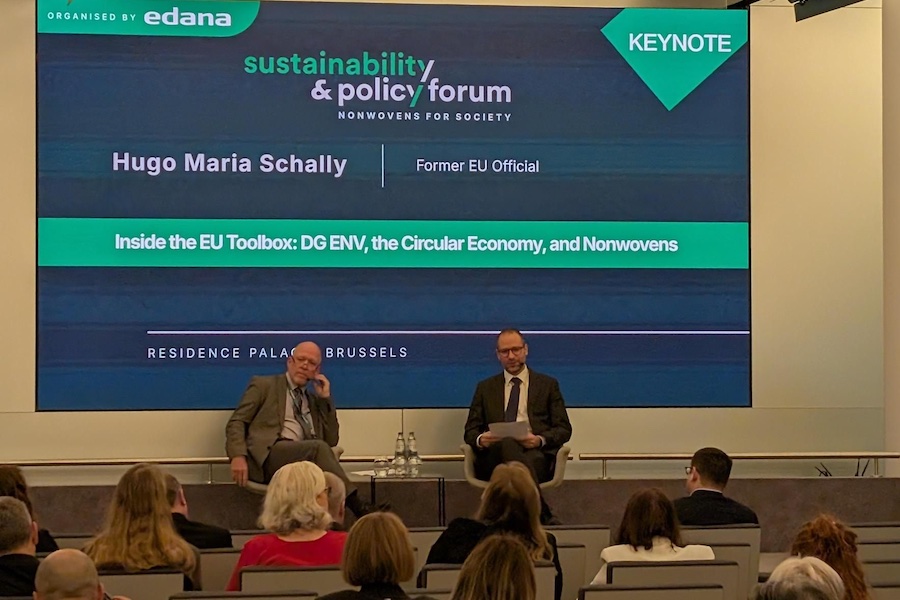#Sustainability
Lenzing raises the bar significantly in the fight against the climate crisis
- Updated GHG emissions reduction targets recognized and confirmed by Science Based Targets Initiative
- Lenzing is the only company in its industry with a scientifically confirmed net zero target
- 1,100,000 tons of CO2 emissions to be reduced by 2030 (instead of the previously targeted 700,000 tons)
This makes Lenzing the only producer of regenerated cellulosic fibers with a scientifically confirmed net-zero target. By 2030, Lenzing aims to reduce its direct emissions from the production of its fiber and pulp plants (scope 1) and its emissions from purchased energy (scope 2) by 42 percent and its indirect emissions along the value chain (scope 3) by 25 percent on the way to net zero, from 2021 baseline. This corresponds to an absolute reduction of 1,100,000 tons (instead of the previously targeted 700,000 tons).[1]
“At Lenzing, we have the ambition to positively change the textile and nonwovens industries. This is precisely what makes a noticeable difference to other companies and is also the basis for long-term success,” says Stephan Sielaff, CEO of the Lenzing Group. “We set ourselves ambitious goals and pursue concrete measures to achieve them. This enables us to continuously increase our resilience to external influences such as the energy crisis and, on the other hand, to better meet the growing customer demand for eco-responsible products.”
Christian Skilich, Chief Pulp Officer and Chief Technology Officer of the Lenzing Group: “With our reduction targets, we are making a decisive contribution to meeting the 1.5-degree limit, which must be the benchmark for our corporate decision-making and actions. We will continue to invest in energy savings and new technological developments and therefore I am confident that we are on the right track towards achieving our net-zero target by 2050.”

The following targets were recognized and confirmed by the SBTi:
- Overall net-zero target: Lenzing AG commits to reach net-zero greenhouse gas emissions along the entire value chain by 2050.
- Near-term targets: Lenzing AG commits to reduce absolute scope 1 and scope 2 greenhouse gas emissions by 42 percent by 2030 from a base year 2021*. Lenzing AG also commits to reduce absolute scope 3 greenhouse gas emissions from purchased goods and services, fuels and energy-related activities as well as upstream transport and distribution by 25 percent within the same timeframe.
- Long-term targets: Lenzing AG commits to reduce absolute scope 1 and scope 2 greenhouse gas emissions by 90 percent by 2050 from a base year 2021[2]. Lenzing AG also commits to reduce absolute scope 3 greenhouse gas emissions by 90 percent within in the same timeframe.
These updated targets replace the old SBTi approved Lenzing Group’s climate target in 2019.
Lenzing is taking far-reaching and sustainable measures to achieve these ambitious goals. This is exemplified by the considerable investments in the conversion and modernization of the existing production sites in Asia. In China and Indonesia, Lenzing obtains grid electricity from 100% renewable sources and is accelerating the switch to green energy of these facilities. Lenzing is also investing in energy independence and the reduction of greenhouse gases at its Austrian sites. In order to supply the lyocell plant in Burgenland, Austria with renewable energy, Lenzing acquired a biomass power plant in 2023. With the supply contract for the purchase of around 13 megawatts of wind power, Lenzing is making a long-term investment in a price-stable and diversified power supply for the Upper Austrian site.














